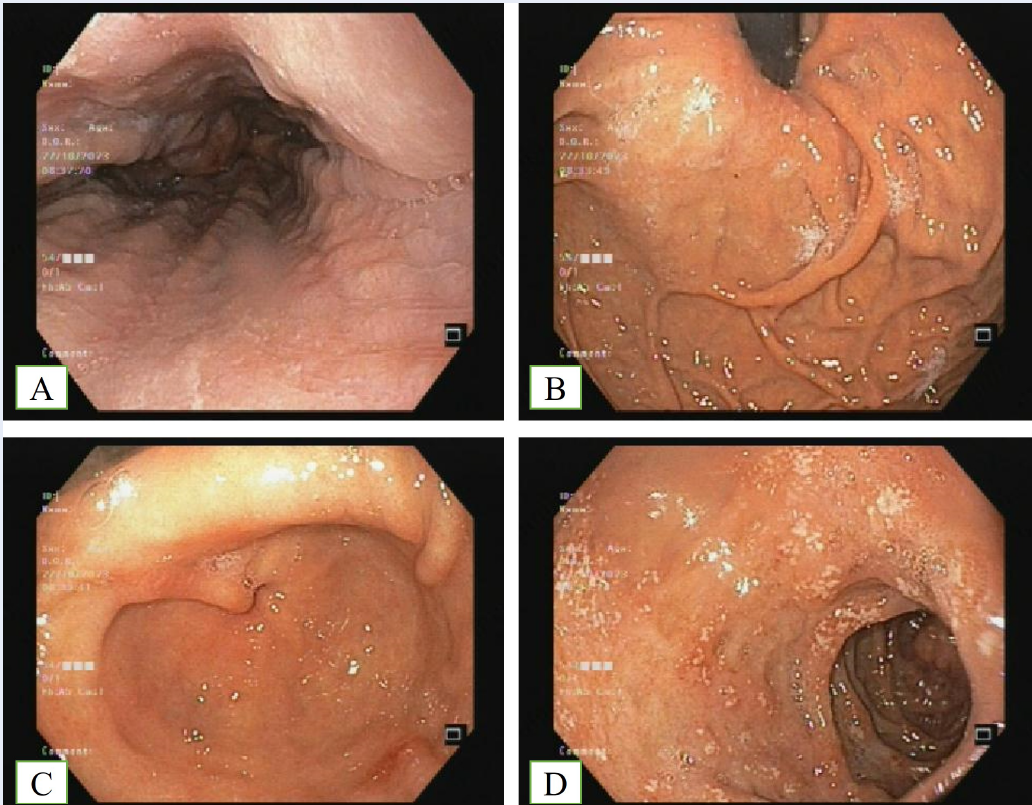Eosinophilic Gastrointestinal Disease Presenting as Chronic Diarrhea: A Case Report
DOI:
https://doi.org/10.15419/bmrat.v11i6.898Keywords:
Eosinophils, Gastrointestinal disease, Corticosteroid, Diarrhea, Eosinophilic Gastrointestinal DiseaseAbstract
Eosinophilic gastrointestinal diseases (EGIDs) constitute a spectrum of disorders distinguished by the abnormal infiltration of eosinophils into the walls of the gastrointestinal tract, a phenomenon that frequently results in delayed or overlooked diagnoses due to the nonspecific nature of symptoms and endoscopic findings. This article discusses a noteworthy case characterized by chronic diarrhea and mild abdominal discomfort. The presence of peripheral eosinophilia and the evidence obtained from biopsies raised suspicions, ultimately leading to the diagnosis of EGIDs. Despite a two-month diagnostic delay attributed to limited disease awareness, the patient responded well to medical management. The therapeutic regimen comprised methylprednisolone, ketotifen, and montelukast, complemented by dietary modifications, culminating in the full resolution of symptoms. A notable complication was the onset of severe cellulitis during steroid treatment, necessitating an expedited reduction in the steroid dosage while continuing with other medications and undertaking surgical debridement. This infection was successfully controlled, and the corticosteroid therapy was gradually tapered off and discontinued over an eight-week period. The administration of ketotifen and montelukast was maintained, with no further recurrences reported. This case exemplifies the critical need to consider EGIDs in the differential diagnosis of individuals presenting with gastrointestinal symptoms, particularly when peripheral eosinophilia is evident. Furthermore, it emphasizes the imperative of holistic patient care, inclusive of managing infectious complications that may arise during the course of treatment.

Published
Issue
Section
License
Copyright The Author(s) 2017. This article is published with open access by BioMedPress. This article is distributed under the terms of the Creative Commons Attribution License (CC-BY 4.0) which permits any use, distribution, and reproduction in any medium, provided the original author(s) and the source are credited.
